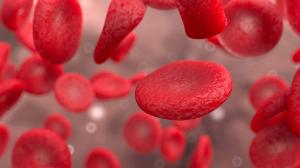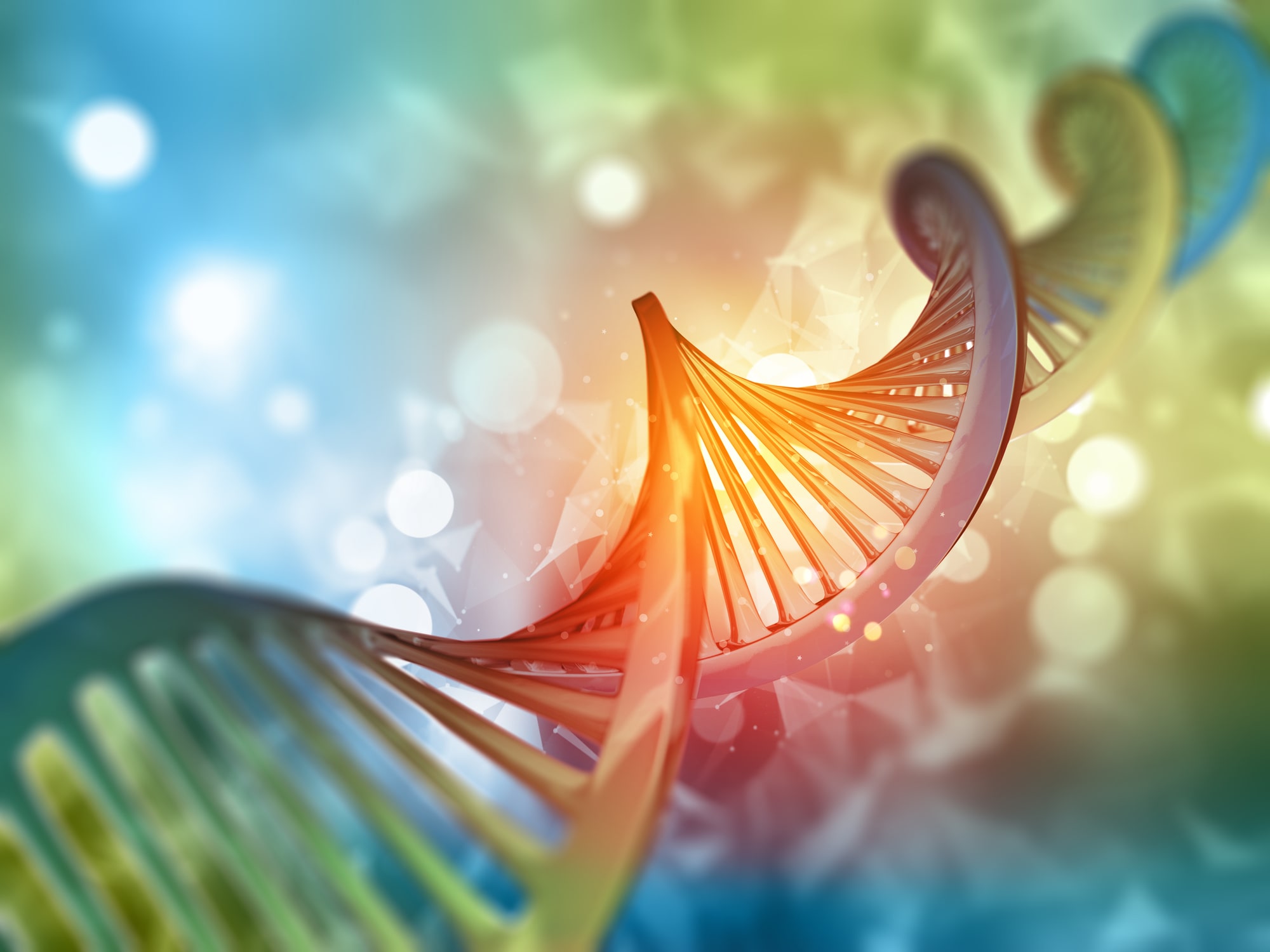 Cardiovascular disease is a leading global cause of death in large part from maladaptive remodeling of the vascular wall. This remodeling is an active process leading to structural changes and requires cell growth, cell death, and cell migration, as well as degradation and reorganization of the extracellular matrix scaffold in the vessel wall. This adaptive process occurs in physiological conditions to maintain blood pressure hemostasis. During diseases such as hypertension, restenosis, and atherosclerosis, adaptive changes may initiate pathological vascular alterations and be induced by inflammatory cytokines, growth factors, and vasoactive hormones.
Cardiovascular disease is a leading global cause of death in large part from maladaptive remodeling of the vascular wall. This remodeling is an active process leading to structural changes and requires cell growth, cell death, and cell migration, as well as degradation and reorganization of the extracellular matrix scaffold in the vessel wall. This adaptive process occurs in physiological conditions to maintain blood pressure hemostasis. During diseases such as hypertension, restenosis, and atherosclerosis, adaptive changes may initiate pathological vascular alterations and be induced by inflammatory cytokines, growth factors, and vasoactive hormones.
Vascular and immune mechanisms involved in Diabetes and Hypertension
Nunes Lab | Kenia Nunes, Ph.D.
My lab investigates the innate immune system's role through Toll-like receptor 4 (TLR4) in hypertension and diabetes-associated vascular dysfunction. This research also focuses on determining specific endogenous ligands' contribution to this receptor, such as Heat Shock Protein 70 (HSP70), a chaperone molecule. Cultured cells, murine models, and human tissue samples, coupled with cutting-edge techniques, are used for this endeavor.
Our results support the novel idea that TLR4 mediates vascular problems contributing to the pathophysiology of diabetes and hypertension and a dysfunctional genitourinary system. Additionally, my laboratory recently described an additional physiological role for HSP70, the assistance of vascular reactivity. This discovery shifts our understanding of the mechanisms associated with a functional vasculature.
Our long-term goal is to understand the underlying mechanisms of vascular reactivity within healthy and diseased states, as well as the identification of targets for managing diseases. All projects include pharmacological approaches, in vitro and in vivo experiments, cell culture, and molecular biology techniques.
The use of the spider toxin (PnTx2-6) peptides to treat erectile dysfunction
Nunes Lab |
This project started in Brazil and focuses on the male reproductive system and possible targets to manage erectile dysfunction using peptides from a spider toxin. It resulted in many publications and two patents to use pharmaceutical compositions from this toxin. Its mechanism of action is almost completely understood. A medicine for human use is in phase II clinical trial, and my lab still contributes to this project in collaboration with scientists in Brazil and France. We hope to get an alternative drug available on the market for treating erectile dysfunction.


 Give to Florida Tech
Give to Florida Tech 